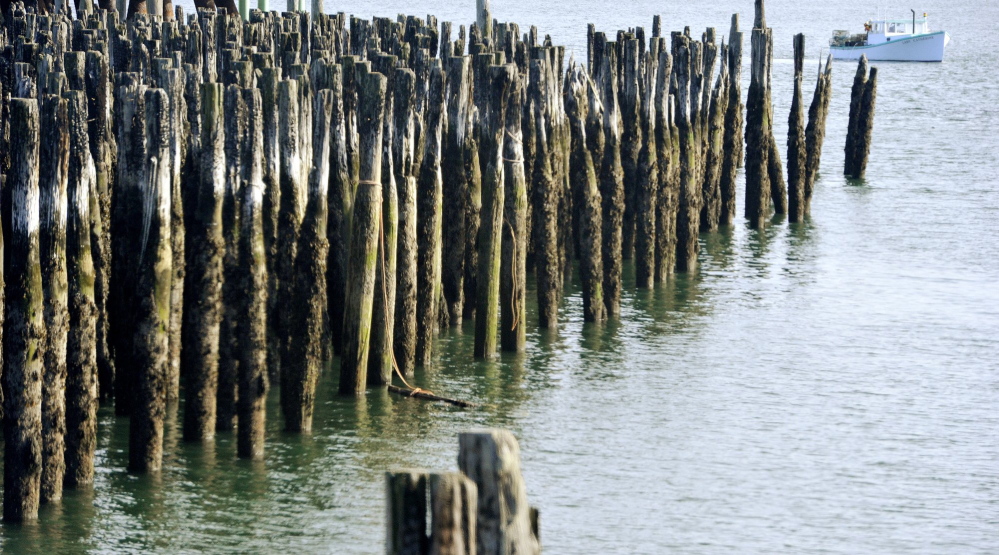The Associated Press
AUGUSTA – A state panel wants permission to borrow $3 million so scientists can collect data about increasing ocean acidity along the Maine coast and its impact on key tourism drivers such as “the iconic lobster.”
“No one comes to the Maine coast to eat a chicken sandwich,” said panel chair, state Rep. Michael G. Devin.
The panel spent months studying published science on carbon dioxide emissions and on Thursday released its recommendations on how the state should address the problem. The National Oceanic and Atmospheric Administration defines chemical changes in the ocean as a result of carbon dioxide emissions as “ocean acidification.”
The report states that its “most alarming” finding is “how much we do not know about ocean acidification and how it will affect Maine’s commercially important species, including the iconic lobster.” The $3 million bond will allow scientists to collect data, monitor waterways and perform tests related to the acidification of the ocean, members said.
Devin, a Democrat from Newcastle, said protecting lobsters and clams is especially important because of the state’s tourism economy. The report states that “very little is known about how the lobster will react to a more acidic marine environment,” and more research is needed.
The atmospheric concentration of carbon dioxide has increased from 280 parts per million to over 394 parts per million over the past 250 years because of the burning of fossil fuels and land use changes, NOAA states on its website.
The changing chemistry of the ocean could endanger marine life from algae to whales, the agency states.
President Barack Obama’s fiscal 2016 budget proposal includes $30 million for NOAA to study ocean acidification.
The Maine bond proposal would need to pass the state Legislature before going out for a public vote, which panel members said could happen in 2015 or 2016.
The 16-member ocean acidification panel was the first of its kind on the East Coast, officials said, and it included fishermen, scientists, aquaculture professionals, lawmakers and state officials.
Send questions/comments to the editors.



Comments are no longer available on this story